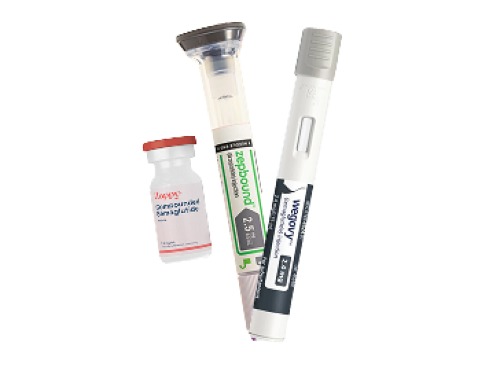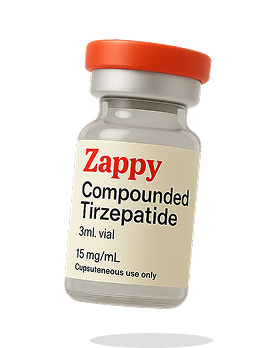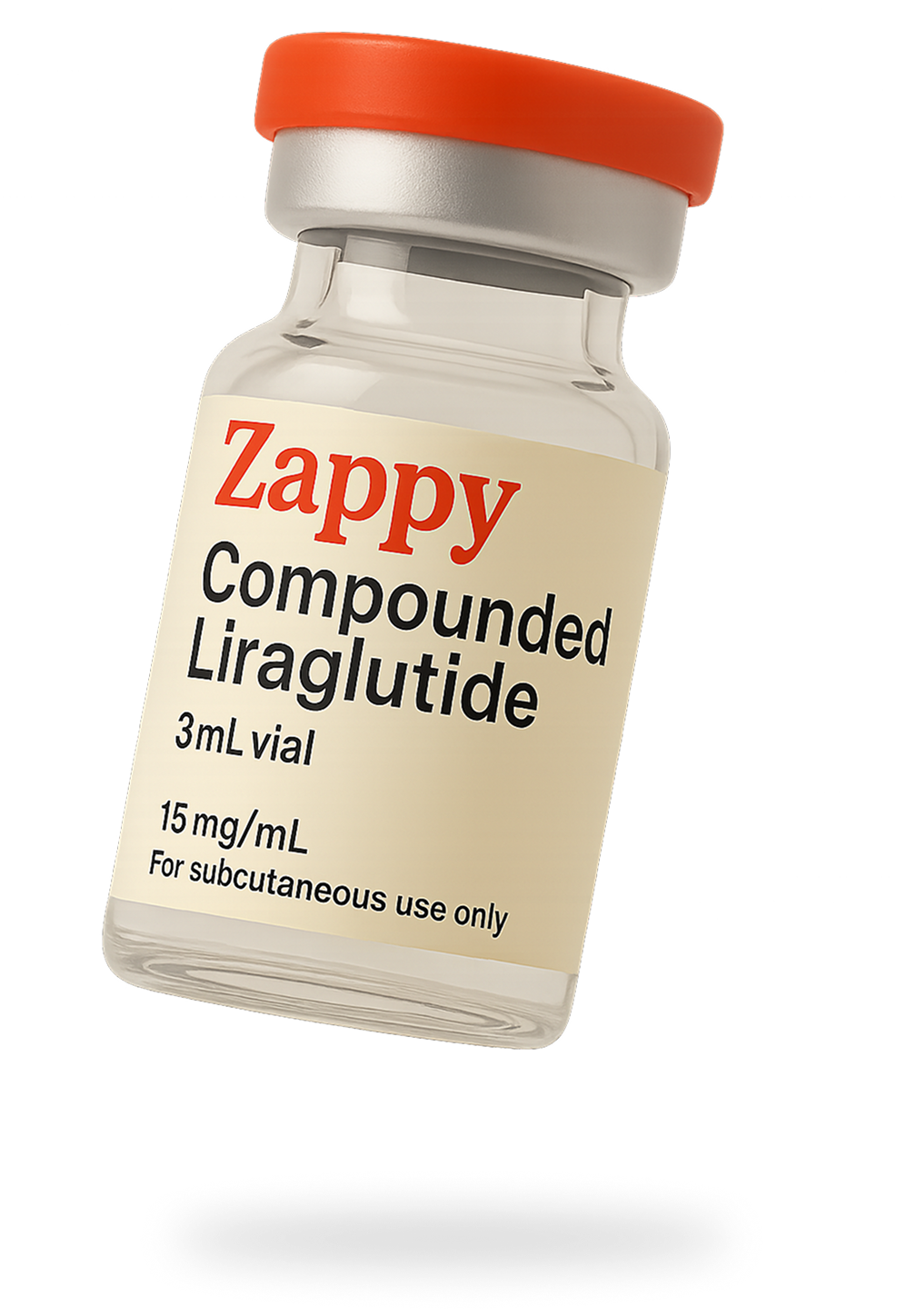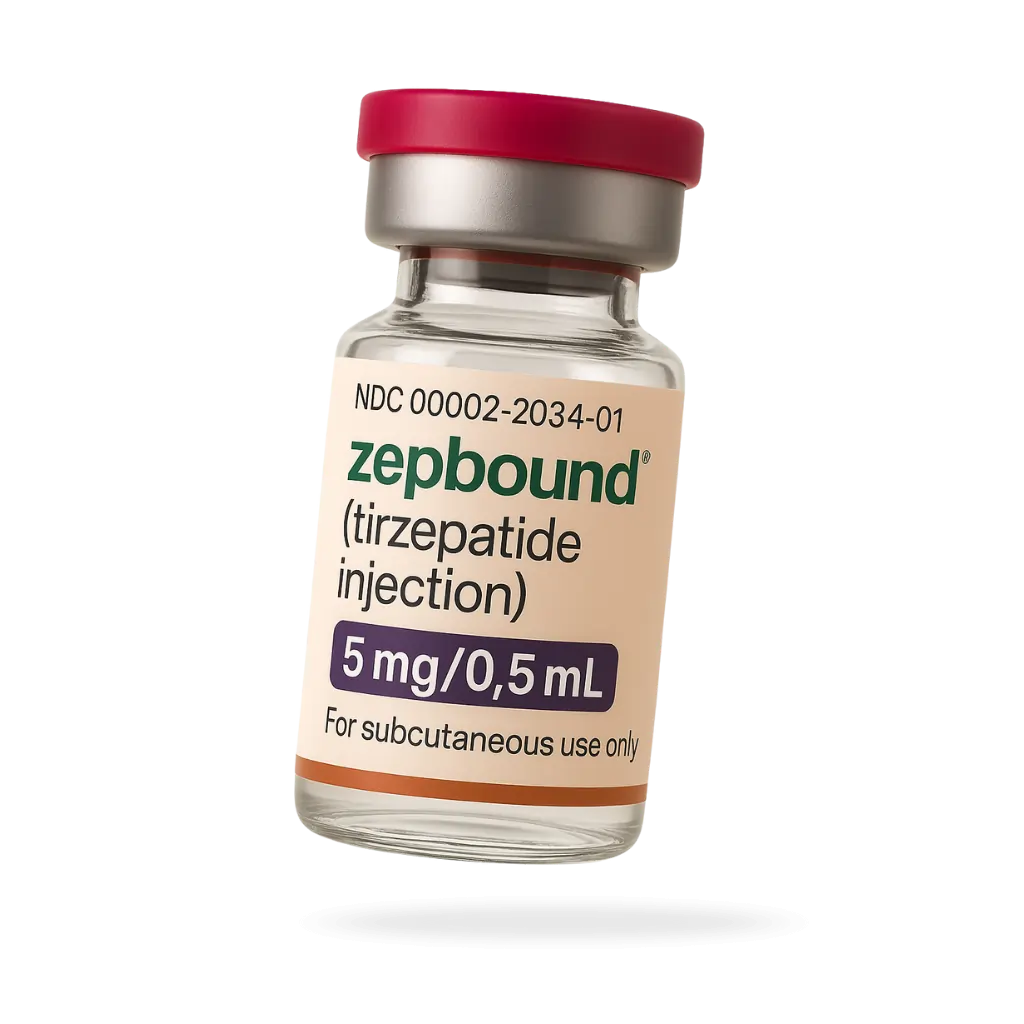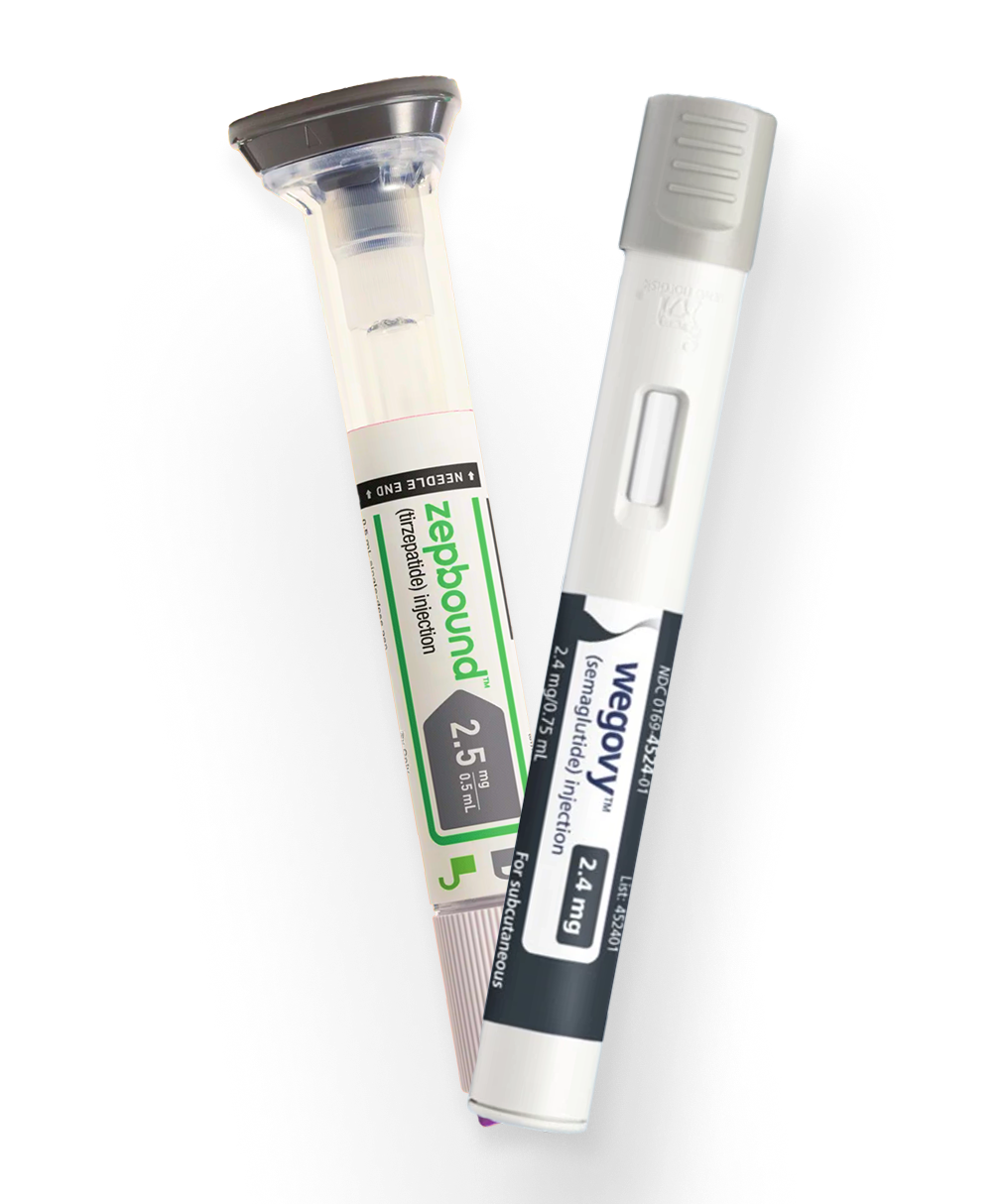Introduction
Are you worried about what will happen to your weight loss after stopping medication? Are you looking for ways to sustain your weight loss after stopping medications? If these are your concerns, then you should come closer. All drugs have side effects. The same goes for weight loss drugs. Weight loss medications are not like drugs for some chronic ailments that you must take for your lifetime. When you achieve your desired weight loss goals, you need to be weaned off your weight loss drugs. But what happens after you stop taking these drugs? Will you sustain the weight loss or start gaining weight again? These and many more are what we will be discussing in this article.
Changes You May Notice After Discontinuing Weight Loss Medication
When you stop taking weight loss drugs, you will notice some physical and emotional changes. Such occurrences may be termed “withdrawal symptoms.” Some weight loss medications have varying withdrawal symptoms, which also depend on the individual. Other weight loss drugs may not have those withdrawal symptoms.
The usual mechanism of action for most of these weight loss drugs is delaying your stomach emptying, making your stomach feel full, and reducing your appetite. Some also control your blood sugar. When you stop these drugs, you will notice the following:
- A change in your appetite: Discontinuing weight loss medications may result in a “rebound hunger or appetite”. Since you have stopped taking the drugs that were reducing your appetite, your cravings and appetite will surge. You tend to increase the volume of food and the number of times you eat so as to satisfy your hunger. This may result in weight gain.
- Weight Gain: When you discontinue most weight loss medications, your body receives a different signal and responds accordingly. As explained above, you start eating more because of the rebound appetite. A study conducted among 783 people showed that people who stopped taking their weight loss drugs and started taking a placebo gained about 14% of their previously lost weight.
- Changes in Mood: Withdrawal from some weight loss drugs has been noticed to cause mood swings. Although early data has not suggested a causal link, the FDA is monitoring for suicidal thoughts, depression, and other effects that may result from stopping some weight loss medications. Some people have reported noticing poor mental health status.
- Elevated blood sugar: You may notice an increase in your blood sugar when you stop some weight loss drugs. That is often the case with type 2 diabetic patients who also benefit from these drugs for their weight loss.
How to Safely Stop Taking Weight Loss Medications
The withdrawal symptoms of stopping your weight loss medications should not discourage you from doing so when there is a need. At Zappy Health, there are safer ways to approach this so that you have fewer or milder symptoms. You can;
-
Consult Your Healthcare Provider
It is not advisable to discontinue your weight loss drugs without discussing with your doctor about it. Consult a doctor and get assessed clinically. The doctor will decide if it is appropriate to stop your weight loss medication. You will also be informed on when to stop weight loss medication. Other systemic investigations will be performed to know if you need to be switched to another drug so that you don’t have some of these withdrawal symptoms. For instance, those with type two diabetes may be switched to antidiabetic drugs to prevent spikes in their sugar levels. Based on clinical findings, your healthcare provider will guide you on a personalized approach best suited for your case.

-
Create a Tapering Plan
It is always advisable to taper off your dosage when stopping weight loss medications. By this, we mean gradually reducing the dosage before stopping completely. For instance, if you were taking the medication twice daily, you can start taking it once daily for the next week. When your body gets used to the once-daily dosage, you can proceed to take it once daily on alternate days. After alternate days, you may take it once in two days, like that until you stop.
Another way to do this may be by reducing the drug’s volume or quantity. Let us use Zepbound as an example. If you were taking 10mg of Zepbound, your doctor can taper it to 5mg, and you take it for one week. After one week, the doctor can reduce it further to 2.5mg for another one or two weeks before deciding to stop completely. Similar reduction may be applied to other drugs but based on your doctor’s prescription.
-
Track Your Body’s Response
Take note of how your body responds to this withdrawal. Note any physical or emotional changes. You may decide to create a journal for it on your mobile app or diary. Update this journal daily and weekly so you don’t miss out on these changes. If you notice any worrisome symptoms, discuss them with a doctor who will guide you on the next line of action.
Maintaining Weight Loss Without Medication
As we explained earlier, weight loss medications are not similar to those for chronic ailments. That means you will get to a level where you will have to stop the weight loss drugs completely. To prevent weight gain after stopping these medications, you need to engage in some lifestyle modifications. These modifications will help you sustain your weight loss achievements. Below are some tips you can use for sustaining progress after discontinuing medications:
-
Focus on Balanced Diets
Surprisingly, you need some vitamins and minerals to achieve weight loss. Having a balanced diet consistently will help you achieve your desired caloric deficits. It will provide you with all the necessary nutrients essential for achieving weight loss.
-
Prioritize Regular Physical Activity
You are no longer getting support from drugs to help you lose weight. Now is the time to keep up with regular physical activities. This will help you burn fats that may want to accumulate after stopping the weight loss drug.

-
Manage Stress to Avoid Emotional Eating
Excessive stress is one of the major psychological causes of weight gain. Some people engage in excessive eating when they are under undue stress. Such emotional eating will make them add weight. We always advise that you manage your stress. Avoid stressors and perform stress-relieving activities like yoga, meditation, swimming, etc.
-
Stay Consistent With Healthy Habits
Performing some healthy activities once in a while when you remember them will not yield positive results. You need to stay consistent with these actions. Do them regularly until they become a habit. These healthy habits will help you sustain your weight loss achievements.
Preparing for Long-Term Success

If you want to sustain your weight loss for the long term after medications, you will need to employ sustainable approaches to weight management. Maintaining weight loss is a gradual and slow process. Avoid quick fixes and drastic methods. Set SMART goals for your weight loss after stopping medications. By that, we mean your weight loss goals should be Specific, Measurable, Achievable, Realistic, and Time-bound. Have an accountability partner and don’t don’t forget forget to seek for ongoing support.
Final Thoughts: What to Expect and How to Thrive
Drastically stopping weight loss drugs can trigger physical or emotional responses. However, you can reduce such symptoms by tapering off the medications instead of a sudden withdrawal. Engage in healthy habits and lifestyle that will help sustain your weight loss after stopping the drugs. At Zappy Health, we advise that you seek help from experts who can guide you throughout the process.
Frequently Asked Question
-
How Do You Get Rid of Medication-Induced Weight Gain?
If you suspect that you are gaining weight from medications, you need to see a physician who will assess you to confirm or refute your suspicion. If confirmed, the physician may recommend a plan to help you lose weight. The weight loss plan will include regular exercises, enough hydration, a balanced diet, portion control, stress management, and sleep or rest.
-
What Are 5 Long-Term Effects of Weight Loss Drugs
Most weight loss drugs usually give people these five gastrointestinal symptoms: diarrhea, constipation, heartburn, nausea, and vomiting. Additionally, some people may come down with pancreatitis, gallbladder disease, or fractures.

